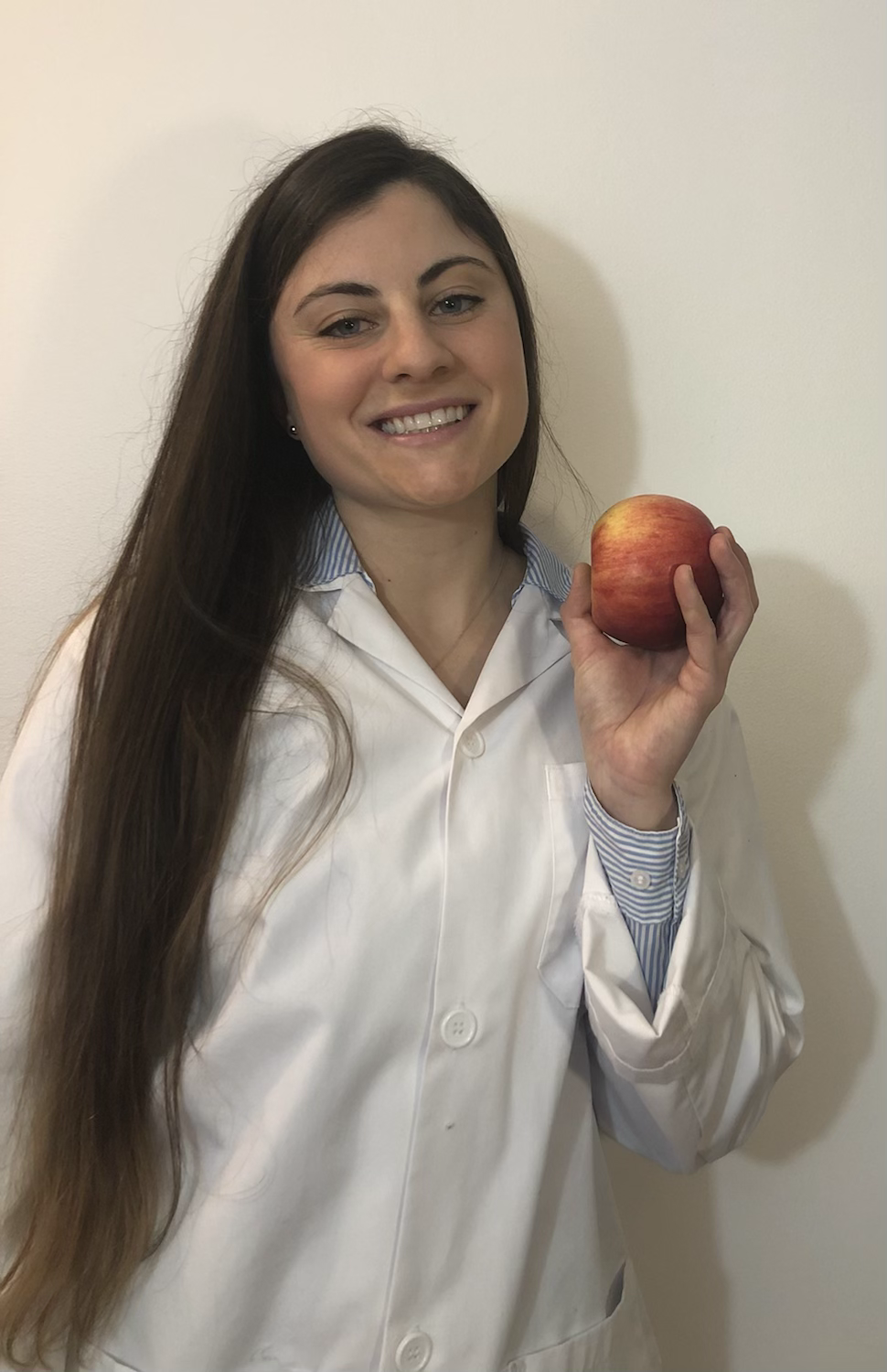Nutrition and Recovery
- Karine Drouin

- May 1, 2021
- 3 min read
Updated: Jan 4, 2022

Diet plays a key role in rehabilitation after an injury that requires limb immobilization. During the period of immobility, the rate of muscle protein synthesis in the immobile limb(s) decreases, so muscle loss may occur. Muscle atrophy can start in the first few days after damage to the body. If a person has to stay in bed due to a serious accident, the skeletal muscle loss can be even greater, up to about 150 g per day, or about 1 kg per week (Wall & van Loon 2013). To maintain muscle mass as much as possible, a balanced diet is essential. This text will cover the subject of energy, protein and omega-3.
Energy
For optimal rehabilitation, it is important to have enough protein and energy. Our energy needs vary every day, depends on our biological sex, age, genetics, our level of physical activity, etc. In addition, they can be greatly increased during stress on the body after an accident. To determine our energy needs, there are several formulas that can be used. The Mifflin St-Jeor and Harris – Benedict formulas are reliable and can be found online. On the other hand, it is not necessary to calculate our needs to consume enough energy. Then, if you want to lose weight, the rehabilitation period after an injury is not ideal.
Protein
An insufficient amount of protein can interfere with healing (Arnold & Barbul 2006). Proteins help repair tissue and maintain muscle mass. In addition, it is important to have a certain amount of this macronutrient at each meal since our body does not store protein. That is, if a person eats protein only for breakfast, the protein will only sustain them for a while and then the body will not have enough protein to rebuild or maintain its tissues. Depending on the severity of the injury (s), daily protein requirements vary from 1.5 to 2.0 g per kg (individual mass). So a person weighing 50 kg may need between 75 to 100 g of protein per day. You can aim for 20 to 30 g with each meal. Good sources are eggs, milk, tofu, meats, lentils, etc.
Omega 3
When consumed as supplements in high doses such as in fish oil supplements, omega-3s have anti-inflammatory and immunomodulatory properties (Galli and Calder, 2009). In the inflammatory context after an injury, one may be led to believe that these supplements could be beneficial. To date, there are no randomized controlled studies in humans that can prove this. So supplementation is not proven to be beneficial in this case. However, omega-3s are essential since our body cannot synthesize them. They are also important for cell membranes and may have beneficial effects on heart health. A balanced diet that includes certain foods rich in omega-3s will meet our needs without the need for supplements. This molecule is found in certain fish such as salmon, sardines and mackerel, in walnuts, flax and chia seeds, canola oil, etc.
Conclusion
To have an optimal rehabilitation after an injury, a balanced diet is essential. It is important to have enough energy and protein. For more information specific to your situation, it would be beneficial to consult a dietitian.
Karine Drouin RD
References
Arnold M, Barbul A. (2006). Nutrition and wound healing. Plast Reconstr Surg.117(7), 42S-58S. doi:10.1097/01.prs.0000225432.17501.6c
Burke, L. Deakin, V. (2015). Clinical Sports Nutrition. (5th Ed.) McGraw-Hill Education (Australia) Pty Ltd.
Galli, C. Calder, PC. (2009). Effects of fat and fatty acid intake on inflammatory and immune responses: a critical review. Ann Nutr Metab. 55(1-3), 123-39. doi:10.1159/000228999
Harvard. (n.d.). Retrouvé le 19 février 2021 au https://www.health.harvard.edu/staying-healthy/should-you-be-taking-an-omega-3-supplement
Passeport Santé. (n.d.). Omega 3. Retrouvé le 18 février 2021 au https://www.passeportsante.net/fr/Solutions/PlantesSupplements/Fiche.aspx?doc=acides_gras_essentiels_ps
Wall BT, van Loon LJ. (2013). Nutritional strategies to attenuate muscle disuse atrophy. Nutr Rev. 71, 195-208. doi:10.1111/nure.12019



Comments